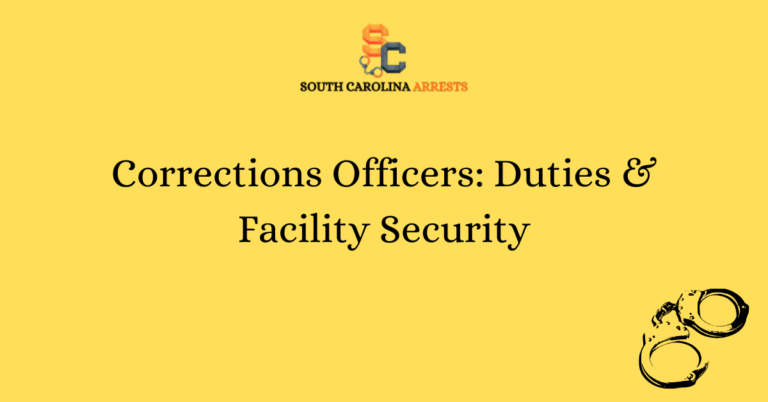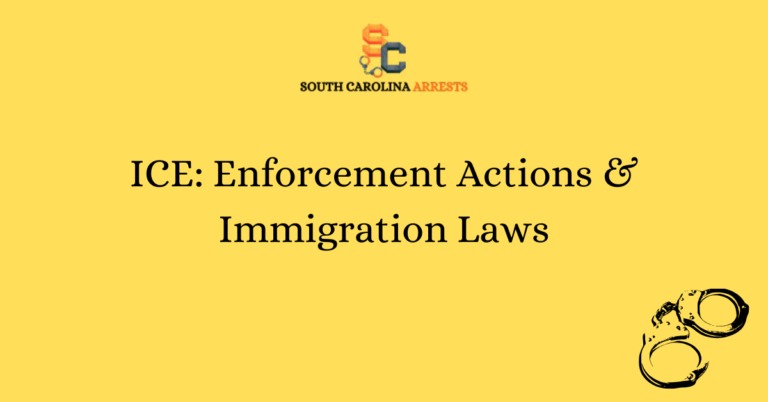Tribal Police: Jurisdiction & Community Engagement
Tribal Police play a crucial role in ensuring safety and security within indigenous communities. Their jurisdiction extends beyond traditional boundaries, focusing on maintaining law and order while fostering positive relationships with tribal members.
Community engagement is at the core of Tribal Police work, emphasizing trust-building and collaboration to address issues effectively. By working closely with community members, Tribal Police can better understand their needs and provide tailored solutions for a safer environment.
Tribal Police Role in Indigenous Communities
The Tribal Police play a crucial role in ensuring safety and security within Indigenous communities. They are responsible for upholding the law and protecting the members of the tribe from any potential threats. Tribal Police officers undergo specialized training to effectively address the unique challenges faced by Indigenous communities.
Jurisdiction Beyond Traditional Boundaries
Unlike traditional law enforcement agencies, Tribal Police have jurisdiction that extends beyond the boundaries of their reservations. This allows them to collaborate with neighboring communities and address issues that may arise outside of their designated area. By having this extended jurisdiction, Tribal Police can provide a more comprehensive level of protection for Indigenous people.
Importance of Community Engagement
Community engagement is a fundamental aspect of Tribal Police work. Building trust and collaboration with community members is essential for effective law enforcement within Indigenous communities. By fostering strong relationships with tribe members, Tribal Police can better understand the needs and concerns of the community.
Building Trust and Collaboration
Tribal Police officers engage with the community through various outreach programs and events. By being present and accessible, they can establish trust and open lines of communication with tribe members. This collaboration is essential for addressing issues proactively and maintaining a safe environment.
Emphasis on Trust-Building
Trust-building is at the core of Tribal Police work. Collaborating with Tribal members on a personal level allows officers to gain insights into the specific needs and challenges faced by the community. By understanding the cultural nuances and traditions of the tribe, Tribal Police can tailor their approach to better serve and protect.
Understanding Community Needs
By actively listening to the concerns of the community, Tribal Police can develop tailored solutions that address the unique safety and security needs of Indigenous people. This proactive approach fosters a sense of partnership between law enforcement and the community, leading to more effective outcomes.
Tailored Solutions for Safer Environment
Tribal Police work closely with the community to provide personalized safety measures that reflect the specific needs of Indigenous people. By collaborating with tribe members and implementing culturally sensitive strategies, Tribal Police can create a safer environment for all. This tailored approach ensures that law enforcement is responsive and effective in addressing the diverse needs of Indigenous communities.
Working closely with Community
By working closely with the community, Tribal Police can develop a deep understanding of the social dynamics and challenges faced by Indigenous people. This proximity allows officers to respond quickly and effectively to emerging issues, creating a safer and more secure environment for all members of the tribe.
Frequently Asked Questions
Our Frequently Asked Questions section is designed to provide you with comprehensive information about Tribal Police, including jurisdiction and community engagement.
What is Tribal Police jurisdiction?
Tribal Police jurisdiction refers to the authority that Tribal Police have to enforce laws within Native American reservations. This authority is granted through tribal laws and agreements with state and federal governments, allowing Tribal Police to maintain peace and order within their communities.
How do Tribal Police engage with the community?
Tribal Police engage with the community through various outreach programs, community events, and partnerships with local organizations. They work closely with tribal leaders, elders, and community members to address safety concerns, promote trust, and build positive relationships within the community.
What are the responsibilities of the Tribal Police?
The responsibilities of Tribal Police include enforcing tribal laws, investigating crimes, responding to emergencies, conducting patrols, and providing support to community members in need. They play a crucial role in maintaining public safety and upholding the rule of law within Native American reservations.
What sets Tribal Police apart from state and federal law enforcement?
Tribal Police jurisdiction is unique in that it is based on tribal sovereignty and self-governance. While state and federal law enforcement agencies have jurisdiction over certain crimes committed on tribal lands, Tribal Police have primary authority to enforce tribal laws and address issues specific to their communities.
What training do Tribal Police officers receive?
Tribal Police officers undergo specialized training in tribal law, cultural sensitivity, community policing, conflict resolution, and emergency response. They receive ongoing education and professional development to enhance their skills, knowledge, and ability to serve the needs of their communities effectively.
How can community members support Tribal Police efforts?
Community members can support Tribal Police efforts by reporting suspicious activities, cooperating with law enforcement investigations, participating in crime prevention programs, and fostering positive relationships with Tribal Police officers. By working together, community members and Tribal Police can create a safer and more secure environment for everyone.







